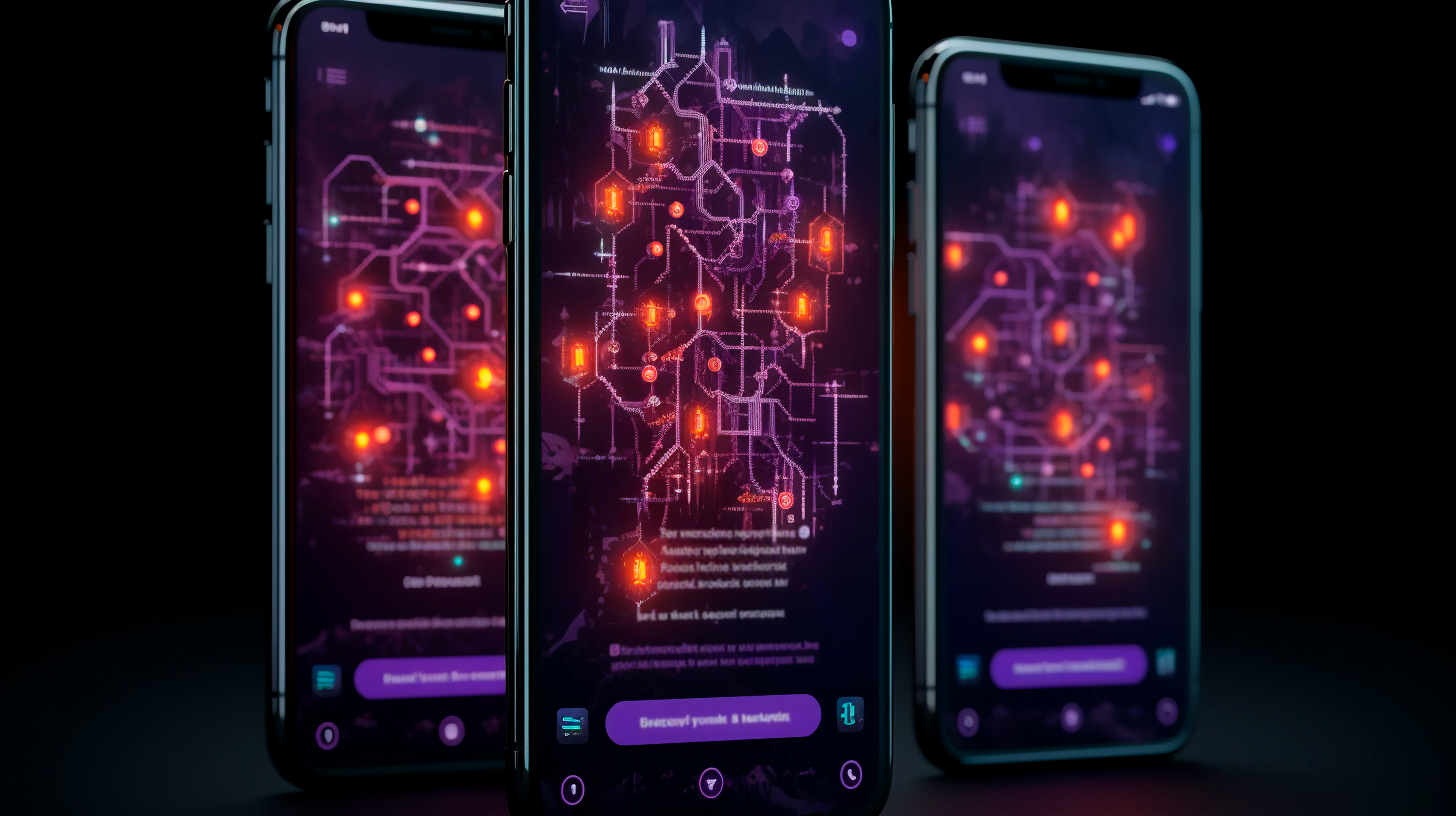Blockchain App Development: A Modern Business Paradigm

In the age of digitization, businesses are continually seeking innovative technologies that can enhance their operations, security, and customer experiences. One such groundbreaking technology is blockchain. Initially recognized for powering cryptocurrencies like Bitcoin, blockchain technology has evolved far beyond digital currencies.
Today, it’s providing a new approach to securing transactions and data integrity across several industries. In this context, let’s delve into blockchain app development services in the USA as an example of modern business.
Understanding Blockchain Technology
It is a decentralized, distributed register technology that securely records information across multiple systems. It allows secure peer-to-peer transactions to occur in a decentralized environment, eliminating the requirement for intermediaries. The data recorded on a blockchain is immutable and transparent, making it highly secure and reliable.
Blockchain App Development
As businesses recognize the potential of blockchain technology, there’s been a surge in demand for blockchain applications – software designed to leverage the unique capabilities of this technology. These applications, often called decentralized apps (DApps), offer wide-ranging benefits over traditional applications, including improved security, transparency, and resistance to censorship.

Technical Aspects of Blockchain App Development
Developing a blockchain application involves several technical considerations. Here are some of them:
- Choosing the Right Blockchain Platform: Numerous blockchain platforms exist, each with features and capabilities. Some of the popular ones include Ethereum, Hyperledger Fabric, and Corda. The choice of platform depends on the business requirements, such as the need for smart contracts, permissioned vs. permissionless blockchain, scalability, and more.
- Smart Contracts: These are self-executing contracts where the terms of the arrangement are written into code. They automatically execute transactions when predefined conditions are met. Smart contracts are a fundamental part of many blockchain applications.
- Front-End and Back-End Development: A blockchain app requires both front-end (user interface) and back-end (server-side) development. However, the back-end interacts with the blockchain network instead of a centralized server.
- Interoperability: Given the decentralized nature of blockchain, ensuring that your application can communicate and interact with other systems is crucial. This requires the implementation of standard protocols and APIs.
- Security: While blockchain is highly secure, the application interacting with it must also adhere to high-security standards to prevent vulnerabilities.
Impact on Modern Business
Blockchain app development is transforming modern business in several ways:
- Transparency and Trust: Blockchain’s transparency allows all participants to view transaction history, promoting trust among parties.
- Cost Reduction: By eliminating intermediaries, businesses can significantly reduce operational costs.
- Enhanced Security: The immutable nature of blockchain technology makes it extremely hard for hackers to alter existing data, providing enhanced security.
- Efficiency and Speed: Automated processes and eliminating intermediaries result in faster and more efficient transactions.
- Traceability: For sectors like supply chain management, blockchain apps can provide an audit trail, improving traceability and authenticity.
In conclusion, blockchain app development is a prime example of modern business practices that leverage advanced technologies to enhance operations and customer experiences. As more industries recognize its potential, we expect blockchain technology to become integral to the digital transformation journey.
